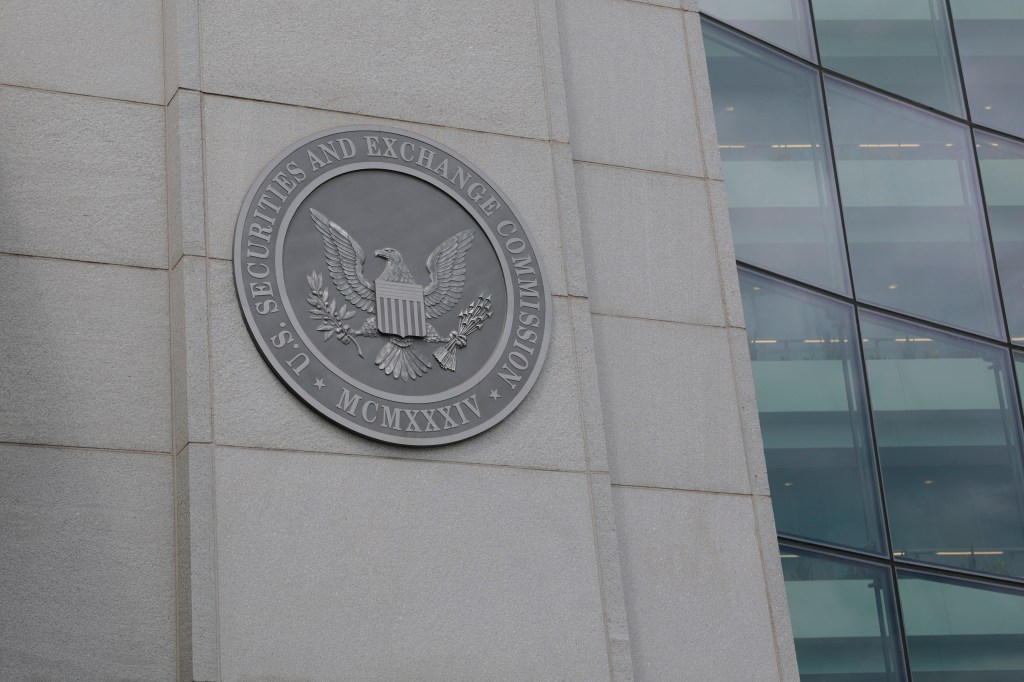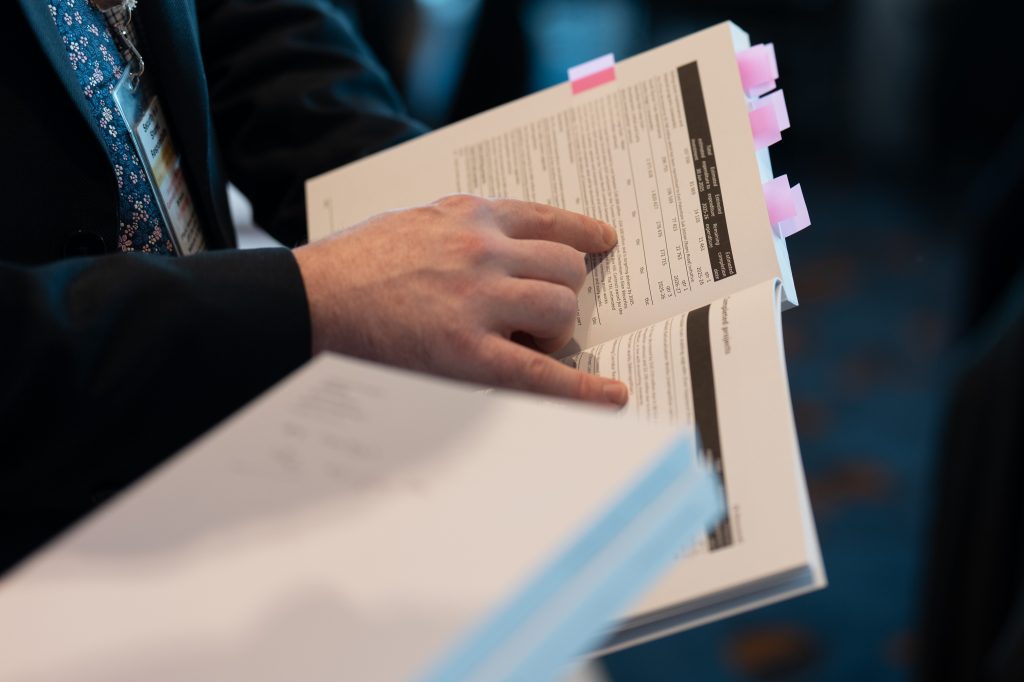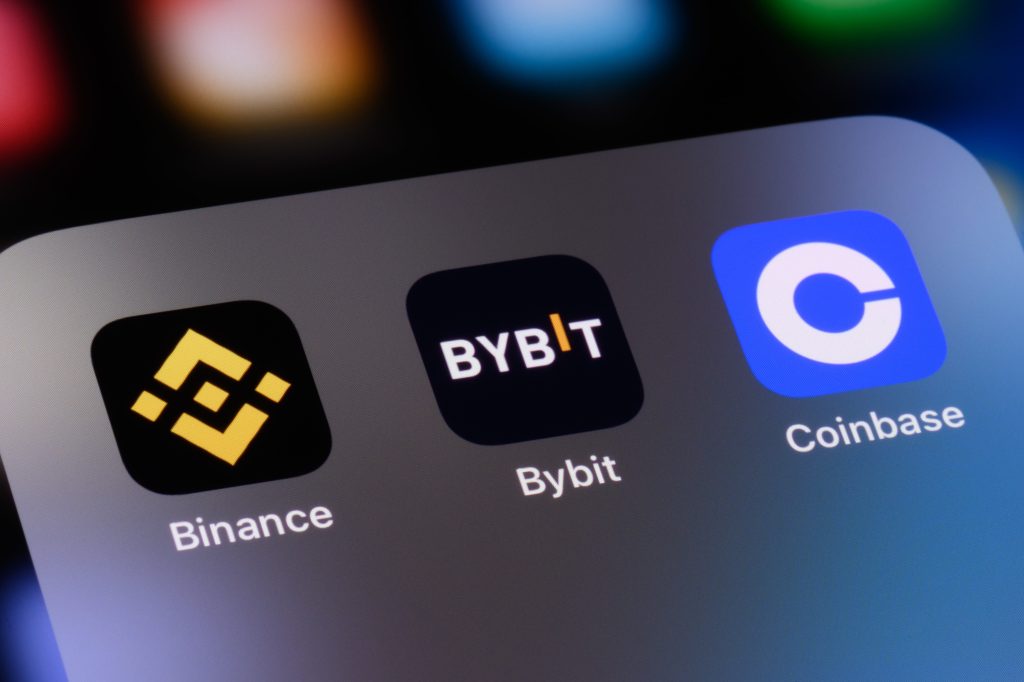In a long-running enforcement saga involving fraudulent microcap stock schemes, the SEC secured final judgments against Elliot Maza and John Ford, two of the defendants in the sprawling SEC v Barry Honig, et al. litigation.
The SEC alleged that Maza, while serving as CEO of a public company covertly controlled
Register for free to keep reading
To continue reading this article and unlock full access to GRIP, register now. You’ll enjoy free access to all content until our subscription service launches in early 2026.
- Unlimited access to industry insights
- Stay on top of key rules and regulatory changes with our Rules Navigator
- Ad-free experience with no distractions
- Regular podcasts from trusted external experts
- Fresh compliance and regulatory content every day












